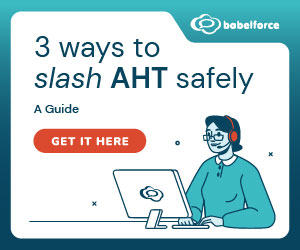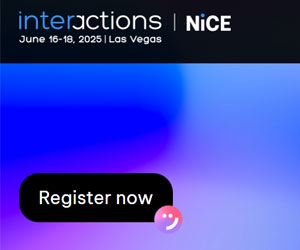In amidst all the talk of the importance of a customer-centric culture, customer obsession, building customer relationships and improving the customer experience, I find something missing. What? The commitment to tell the truth: being straight (levelling) with the customer. What I notice is that the ubiquitous business practice is to:
1) bullshit – make things up because they support the narrative/agenda irrespective of concern for truth-falsehood of assertions;
2) deceive by actively misrepresenting and/or omitting essential information; and
3) lie – to know the truth and assert the opposite.
So I find myself delighted to read that recently Honda has recalled ’1.8m cars around the world after a scare over an airbag in another manufacturer’s vehicle but made by its supplier Takata’. I’d like to believe that the folks in Honda are decent folks who put the lives of their customers before profits. And that may be wishful thinking. At the very minimum, it occurs to me that Honda has learned some lessons from Toyota and GM: when you find there is an issue, share what you know with your customers, and do the right thing.
Does it pay to do the right thing: to tell the truth? I share with you the following story (bolding is my work):
What many hospitals don’t consider is that a positive error culture could increase the trust of patients, as the following case shows. Matthias Rothmund, a professor of surgery, once made a big error. When one of his patients was checked a few days after a successful tumour operation, the x-ray showed a surgical clamp that had been mistakenly left inside the patient’s body. Rothmund immediately informed the patient, removed the clamp, and reported the incident to his insurance, which gave the patient a settlement.
For a long time the surgeon was plagued with the thought of his error. Five years later the patient returned to his office with a hernia and said he wanted him to perform the operation. Rothmund was surprised. The patient explained that he trusted Rothmund and his clinic precisely because Rothmund had immediately admitted his error and corrected it.
– Gerd Gigerenzer, Risk Savvy
Did you notice the trap that I set for you/us? Did you notice that the question that I asked is this one: ‘Does it pay to do the right thing: to tell the truth?’ If you formulate the question/challenge of right action in this manner then you show up and travel in the world in the manner of the Tops at GM. The folks at GM kept the knowledge of a faulty ignition switch secret for over a decade, and in the process at least 13 people lost their lives. Why? Because by their calculations it didn’t pay (revenues, profits) to tell the truth, recall the cars, and fix the ignition switch.
What is my point? If you are genuinely committed to putting in place a customer culture then you do right by the customer, always, irrespective of how the ROI calculation works out. And whilst Mary Barra may lay the blame on the corporate culture, I say that the responsibility ALWAYS lies with the Tops.
I leave you with this final thought: Steve Jobs may have been able to bring about that which we he brought about because his actions were not dictated by ROI. What were his actions dictated by? Simplicity? Beauty – in its fullest, holistic, sense? The customer experience?
Author: Guest Author
Published On: 24th Jun 2014 - Last modified: 8th Feb 2017
Read more about - Archived Content


























